- Welcome to Jewelspride Bengals
- SHOP
- Jewelspride Designs
- Life is Better With Bengals - Blog Articles
-
KITTENS
- Links
- SHOP
- Bengal Care - Everything You Need to Know
- About Us
- Catios and Cat Posts!
- Cat Boarding!
- ** Queens **
- ** Studs **
- Our Cattery and Visits
- Cat Wheels
- **NEW** Jewelspride Alumni
- Photo Gallery & Videos
- Uno's World
- Contact Us
- *New! Cat TV!*
- New Page
- Custom Gifts by Carmen
|
As a cat owner, you know the struggle of trying to eat a meal while your furry friend begs for food. Giving in to their persistent requests can lead to overfeeding and health problems such as obesity and diabetes. So, how can you stop your cat from begging for food? Here are some tips: 1. Keep your counters clear. Cats love to explore and are natural climbers, but they can also be curious about what's on your kitchen counters. To discourage your cat from begging for food while you're cooking or eating, make sure to keep your counters clear of any food or scraps. 2. Provide plenty of fresh water. Sometimes, cats beg for food because they're actually thirsty. Make sure your cat always has access to fresh water, and consider getting a water fountain to encourage them to drink more. Many cats enjoy playing with the moving water in a cat water fountain, which can help provide them with mental and physical stimulation. This can be especially helpful for indoor cats, who may not have access to as much environmental enrichment as their outdoor counterparts. 3. Rule out any underlying health issues. If your cat's begging behavior is sudden or extreme, it's possible that they're experiencing a health issue. Take your cat to the vet to rule out any underlying medical conditions that may be causing them to beg for food. Also, make sure they're enjoying the food you're providing to them and that it's full of the nutrition that they require, as an inadequate diet could be the reason they're seeking out more or different sources of food from your plate.  4. Stick to a feeding schedule. To stick to a feeding schedule, it's important to determine the appropriate amount of food for your cat and divide it into several small meals throughout the day. The number of meals can depend on your cat's age, health, and activity level. For example, kittens and younger cats may need to eat more frequently, while older cats may prefer fewer, larger meals. Once you've determined the appropriate feeding schedule for your cat, try to stick to it as closely as possible. Cats thrive on routine, and knowing when to expect food can help reduce anxiety and prevent begging behavior. If you feed your cat dry food, you can also use timed feeding dishes or automatic feeders to ensure that your cat gets food on schedule, even if you're not home. 5. Avoid plate feeding. Not plate feeding your cat can help discourage begging behavior and promote healthier eating habits. Plate feeding involves giving your cat food from your own plate or allowing them to lick your plate after a meal, which can encourage them to beg for food during meal times. Additionally, plate feeding can lead to overfeeding and weight gain, as it can be difficult to accurately measure the amount of food your cat is consuming. It can also lead to digestive issues and an upset stomach. Instead of plate feeding, provide your cat with their own designated feeding area and use measured portions of food to ensure they are receiving the appropriate amount for their size and age. This can also help establish a regular feeding routine and discourage begging behavior. If you enjoy sharing meals with your cat, consider providing them with their own food that is safe for them to eat, such as cooked chicken or a small portion of plain yogurt. This can help prevent them from begging for food during meal times and promote a healthy relationship with food. 6. Make sure your cat isn't bored. Cats are natural predators and need regular mental and physical stimulation to stay healthy and happy. When cats are bored, they can become destructive, anxious, and may exhibit unwanted behaviors such as begging for food. To prevent boredom, set aside time each day to play with your cat using interactive toys such as wands, laser pointers, or balls. This will provide your cat with physical exercise and mental stimulation. 7. Use a puzzle feeder. A puzzle feeder is a great way to provide mental stimulation and prevent boredom in cats, which can help reduce begging behavior. A puzzle feeder is a type of food dispenser that requires the cat to work for their food, often through problem-solving or physical manipulation. Using a puzzle feeder can be a great way to slow down a cat's eating, which can prevent overeating and weight gain. Additionally, the mental stimulation provided by puzzle feeders can help reduce boredom and anxiety, which can be a cause of begging behavior in cats. It's important to note that puzzle feeders should be used in conjunction with a regular feeding schedule and appropriate portion sizes. Puzzle feeders should not be used as a substitute for regular meals or to encourage overeating. 8. Ignore begging behaviour. Ignoring your cat's begging behavior can be a difficult but important step in encouraging healthier habits in your cat. Giving in to their demands can reinforce the behavior and lead to obesity and other health problems. Instead of engaging with your cat's begging behavior, it's best to remain quiet and calm, avoiding eye contact and responding to their behavior as little as possible. Providing an alternative, such as a puzzle feeder or a new toy to play with, can help redirect their attention from food and prevent boredom. Establishing a regular feeding routine can also help prevent begging behavior by ensuring your cat knows when to expect their next meal. It's important to remember that ignoring your cat's begging behavior can take time and patience. However, by staying strong and consistent, and providing attention on your terms by offering pets and cuddles when your cat is calm and relaxed, you can help break the behavior and encourage healthier habits in your cat. 9. Put your cat in another room. Putting your cat in another room can be an effective strategy for reducing begging behavior, particularly during meal times. This approach can be useful if your cat is particularly persistent in begging for food or if they become aggressive or disruptive during meal times. To use this strategy effectively, it's important to choose a safe and comfortable location for your cat to stay while you eat. This could be a separate room, a crate, or a gated area, depending on your cat's preferences and your living space. Be sure to provide your cat with plenty of comfortable bedding, water, and toys to keep them occupied and comfortable. It's also important to make sure that your cat doesn't associate being put in a separate room with punishment or negative experiences. To do this, you can offer treats or toys as positive reinforcement when you put your cat in the separate area. It's worth noting that putting your cat in another room should be used as a last resort, and should not be the only strategy used to prevent begging behavior. It's important to establish a regular feeding schedule, provide appropriate portions of food, and ensure your cat has access to mental and physical stimulation throughout the day. Additionally, it's important to ensure your cat has access to fresh water at all times, even when in a separate room. Overall, the key to stopping your cat from begging for food is to establish a routine and provide alternative sources of stimulation. By keeping your counters clear, sticking to a feeding schedule, and using puzzle feeders, you can help reduce your cat's desire to beg for food. Additionally, providing fresh water, ensuring your cat isn't bored, and ignoring begging behavior can help reinforce good habits and discourage bad ones. By following these tips, you can help your cat develop healthier eating habits and avoid overfeeding, while also strengthening your bond with your cat.
0 Comments
Leave a Reply. |
AuthorCarmen Klassen, Owner of Jewelspride Bengals Archives
June 2023
Categories
All
|
Copyright © 2024 Jewelspride Cattery and Carmen Klassen
- Welcome to Jewelspride Bengals
- SHOP
- Jewelspride Designs
- Life is Better With Bengals - Blog Articles
-
KITTENS
- Links
- SHOP
- Bengal Care - Everything You Need to Know
- About Us
- Catios and Cat Posts!
- Cat Boarding!
- ** Queens **
- ** Studs **
- Our Cattery and Visits
- Cat Wheels
- **NEW** Jewelspride Alumni
- Photo Gallery & Videos
- Uno's World
- Contact Us
- *New! Cat TV!*
- New Page
- Custom Gifts by Carmen

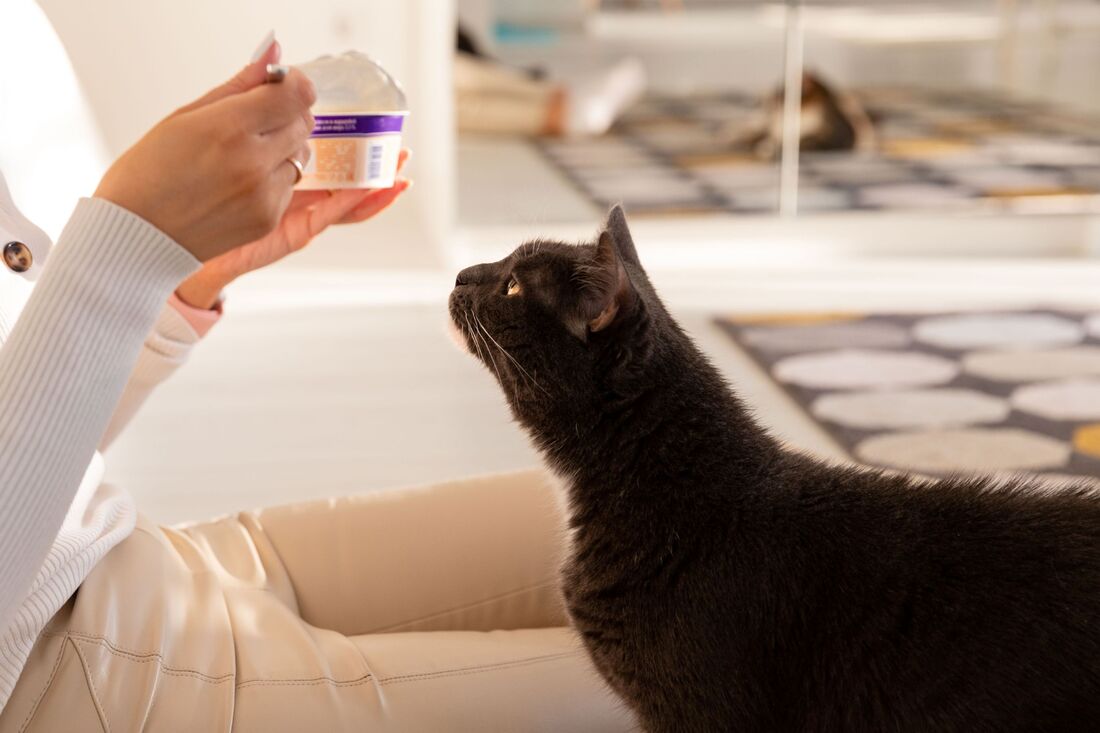


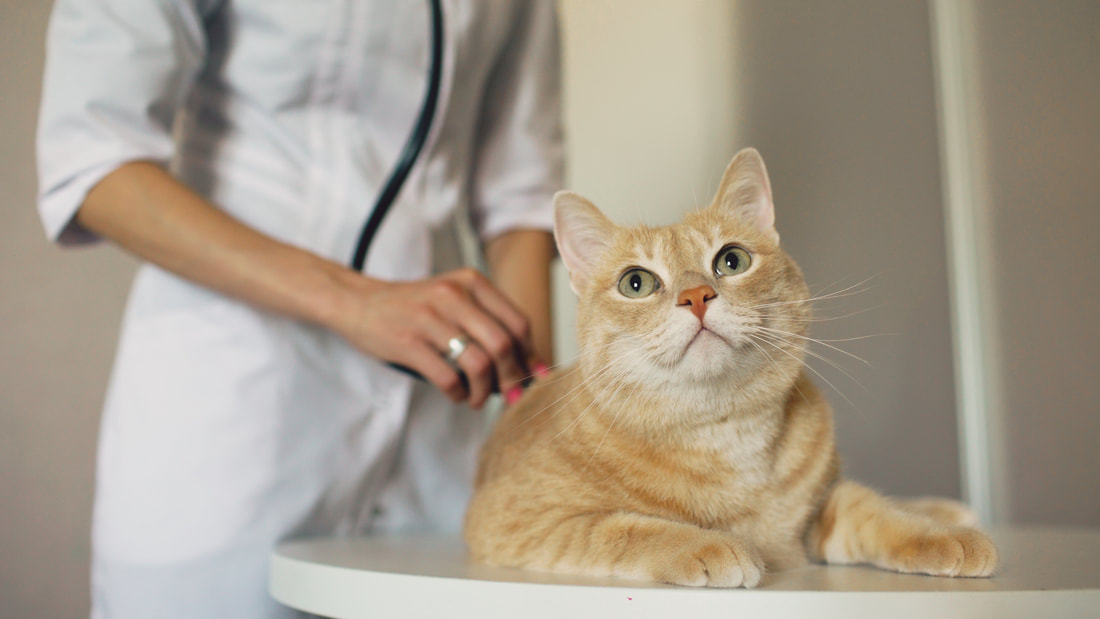
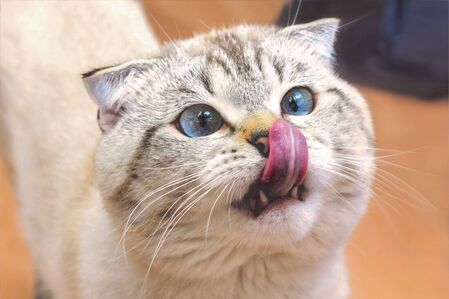
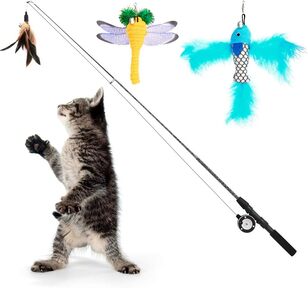
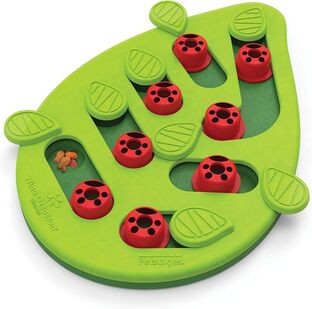
 RSS Feed
RSS Feed




